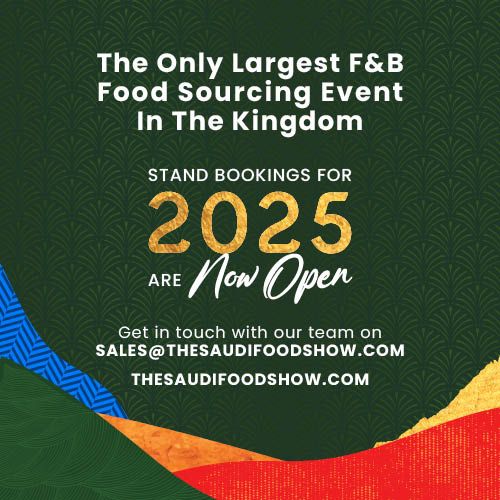Supply Chain Challenges for the Future in Saudi Arabia - Implications for Private Brand
)
From 2020 onwards, the manufacturing sector, like the rest of the world, has been navigating troubled waters. From supply chain disruptions, labour shortages, high inflation levels, high energy costs or lack of raw materials. This has been having a significant domino effect on the rest of the value chain, as retailers face a stronger uncertainty level in their daily operations, sometimes having to buy at a higher price or dealing with failing stocks or even empty shelf space. At the end of the cycle, final consumers might need to pay a higher price for the same article, thus eroding their own purchasing power. In fact, almost 280M people from 53 countries were at risk of severe food insecurity, based on World Vision numbers from 2022.
It is not unusual for a steady increase in prices to occur over time. However, disruptive events like conflicts or natural disasters can cause a spike in such expenses, as raw materials are harder to obtain or the shipments are harder to transport through the normal routes. Daymon’s Private Brand Manufacturer Outlook Survey from 2023 highlights that the top 3 costs that increased the most in the last 12 months were related to Ingredient or Commodity (83%), Energy Costs (67%) and Transportation (57%). In addition, most of its respondents state that this cost increase trend has been especially evident since 2021 and again after the outbreak of the conflict in Ukrainian. From a supplier/logistical point of view, this conflict is particularly complex, as Ukraine is a crucial global supplier of such commodities as wheat, corn, and soybeans. With crops destructed and trading routes severely compromised, this highly increases freight rates and can eventually lead to raw material shortages across the chain.
From a consumer standpoint, Private Brands' historical connection with value-for-money options is still a reality, especially given the recent economic backdrop, when budgets are stretched and purchasing power is eroded. On the opposite side, this provides some optimism to Private Brand suppliers, as 62% expect PB to grow in the following 6 months and 80% in a year or two, according to Daymon’s Private Brand Manufacturer Outlook Survey from 2023. Considering the evolution of Private Brand share for Food and Drink in the MEA, it has achieved a CAGR of 3 % in the period between 2021-2023. On its part, Saudi Arabia registered a CAGR of around 7% for the same period(1). Nevertheless, the country has started on a low basis, and there is still much room for Private Brands to grow and flourish.
Overall, the prospects for this dynamic economy are bright, as the Kingdom is witnessing fast economic growth and development, combined with an increasingly diversified economy, which is especially key for the country. Announced in 2016, the Vision 2030 diversification program is already shaping the Saudi socioeconomic tissue. Despite the progress made, there are still significant challenges that need to be addressed. As the world’s biggest crude oil exporter, Saudi Arabia has been exposed to oil-related fluctuations in previous years. In fact, one consequence was a 0,8% year-on-year decline in the real GDP in 2023 due to voluntary production cuts introduced by OPEC countries amidst market concerns(2).
By contrast, with a diversifying strategic view in mind, change is already perceivable, with the 16% reduction of Saudi oil-related activities, while non-oil grew around 4,4% in 2023, according to the Saudi General Authority for Statistics. From an operational point of view, the Saudi government decided to act on multiple fronts and develop a comprehensive approach for the country’s economy to thrive. This includes the introduction of different, more agile custom-related regulations, a strong investment in technological improvements (like advanced warehouses or AI and blockchain integrated solutions), a solid commitment to sustainable practices (promoted by such initiatives like the Saudi Green Initiative or the Green Middle East) or a strong focus on local talent development (with the investment on training/upskilling programs or the collaboration between the academy, industry associations and private businesses).
Therefore, this diversifying strategy can be seen as a stimulus to develop local production facilities/enterprises, which will then help to create jobs and help both local and national economies alike. Hence, with increasingly diversified suppliers at hand, Private Brand has a stronger chance to consolidate its basis and flourish.
Building a point, the mention above, João Mantas, Head of Daymon Middle East Operations, emphasizes that the economic landscape of Saudi Arabia and the wider Middle East presents an opportunity for growth and resilience amidst global disruptions. The stability of GCC countries amidst tumultuous global events serves as a sturdy foundation for economic expansion. Moreover, the proliferation of non-oil manufacturing facilities, particularly in Saudi Arabia, underscores the region's commitment to diversification and self-sustainability, bolstered by the visionary initiatives outlined in the Saudi Arabia 2030 Vision.
This strategic shift from oil dependency towards a robust non-oil sector mitigates economic volatility and fosters innovation and resilience. In this transformative journey, Private Brands can emerge as pivotal players, helping consumers buy smarter and bridging consumer demands, retail operations, and manufacturing prowess. By facilitating value-driven solutions and fostering collaboration across the supply chain, Private Brands not only empower retailers to thrive but also catalyze the growth of the regional manufacturing sector. As such, they embody a compelling opportunity to drive economic development, foster job creation, and propel the region toward sustained prosperity.
Sources:
(1) Euromonitor
(2) Global Finance
Daymon’s Private Brand Manufacturer Outlook Survey

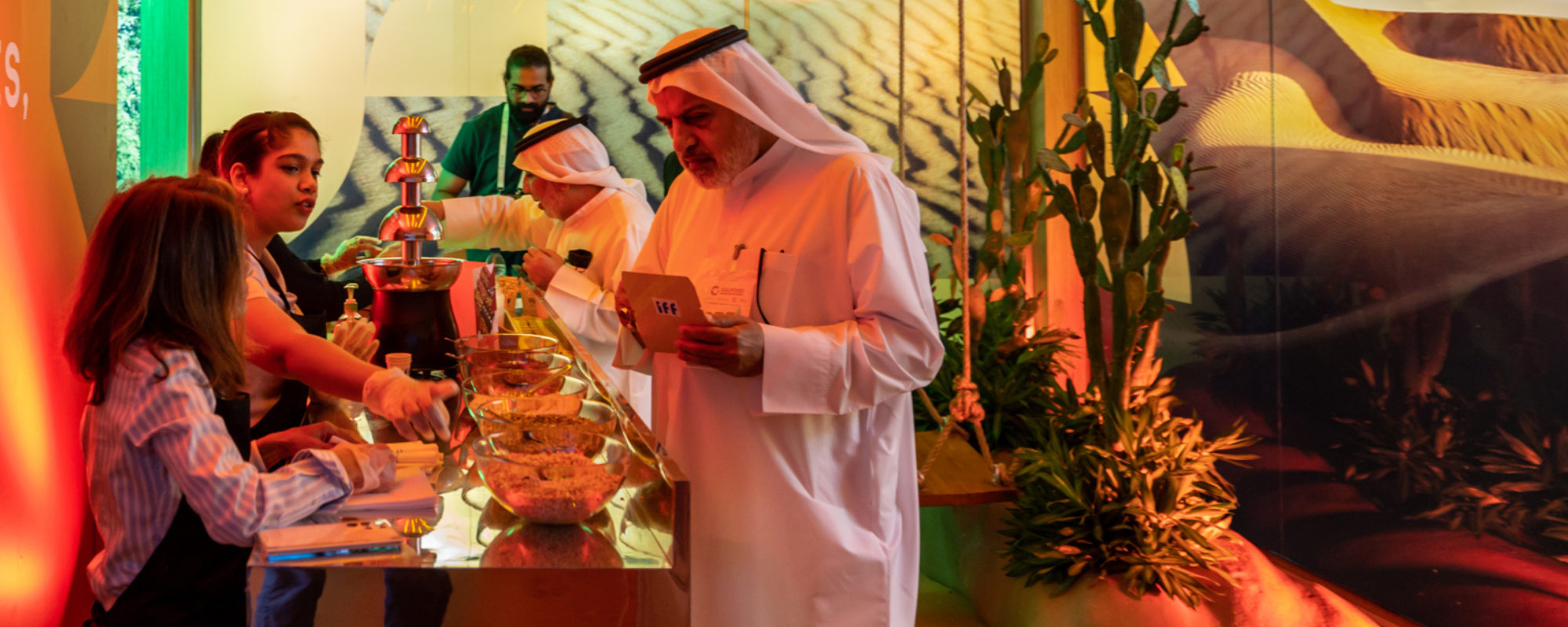

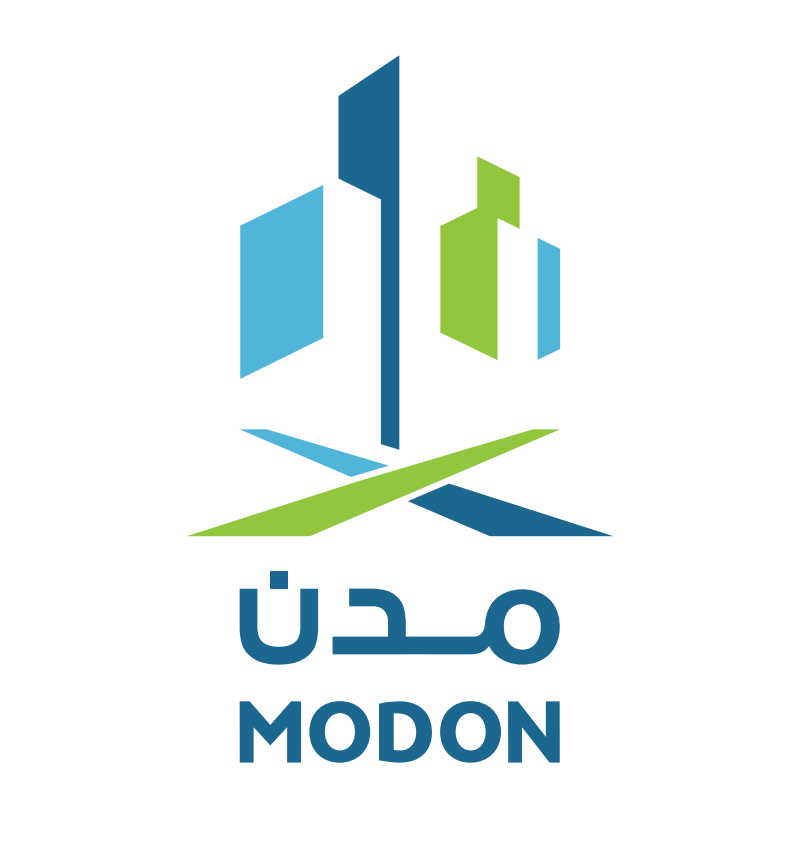
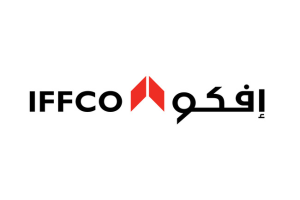
)
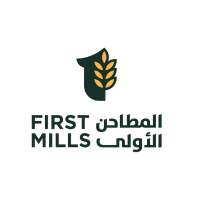



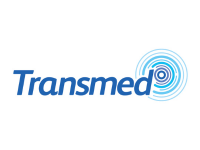
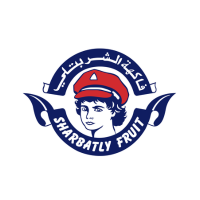
.png)
)
)


)
)
)
)
)
)
)
)
.png/fit-in/500x500/filters:no_upscale())
)
)
)
)
)
